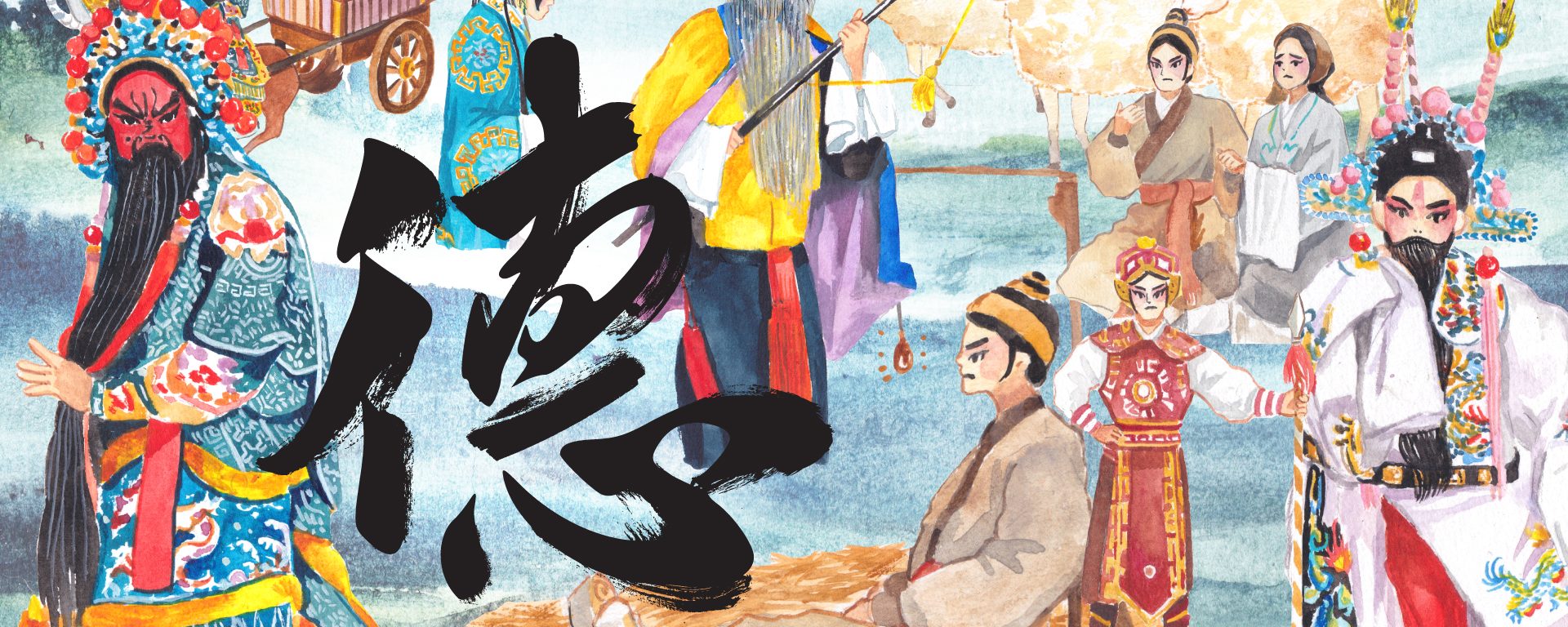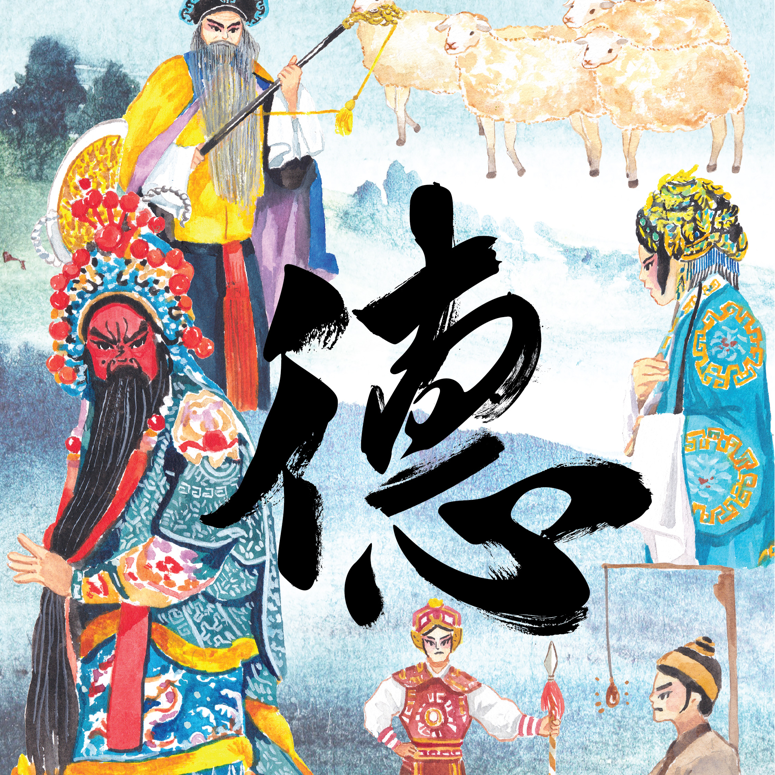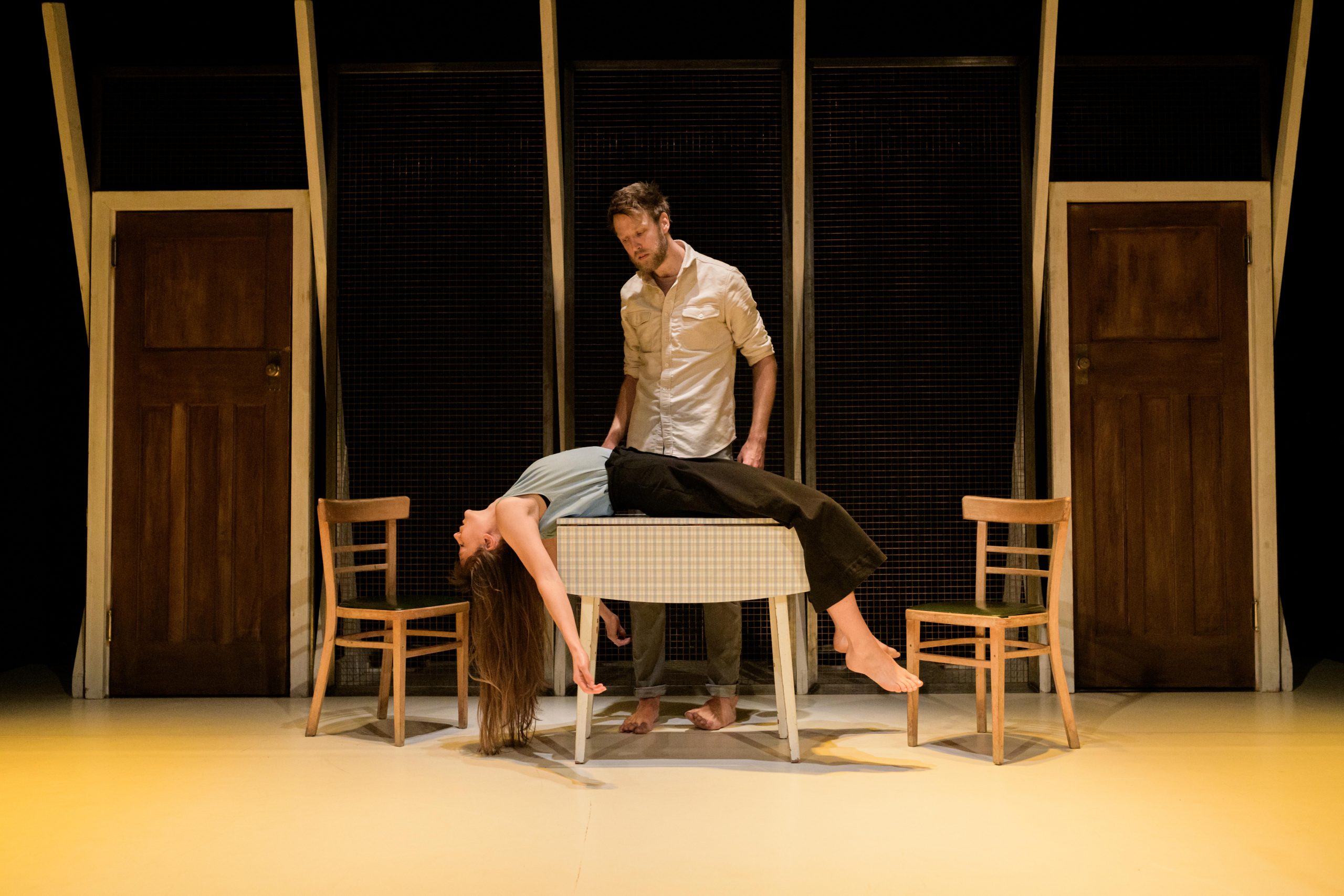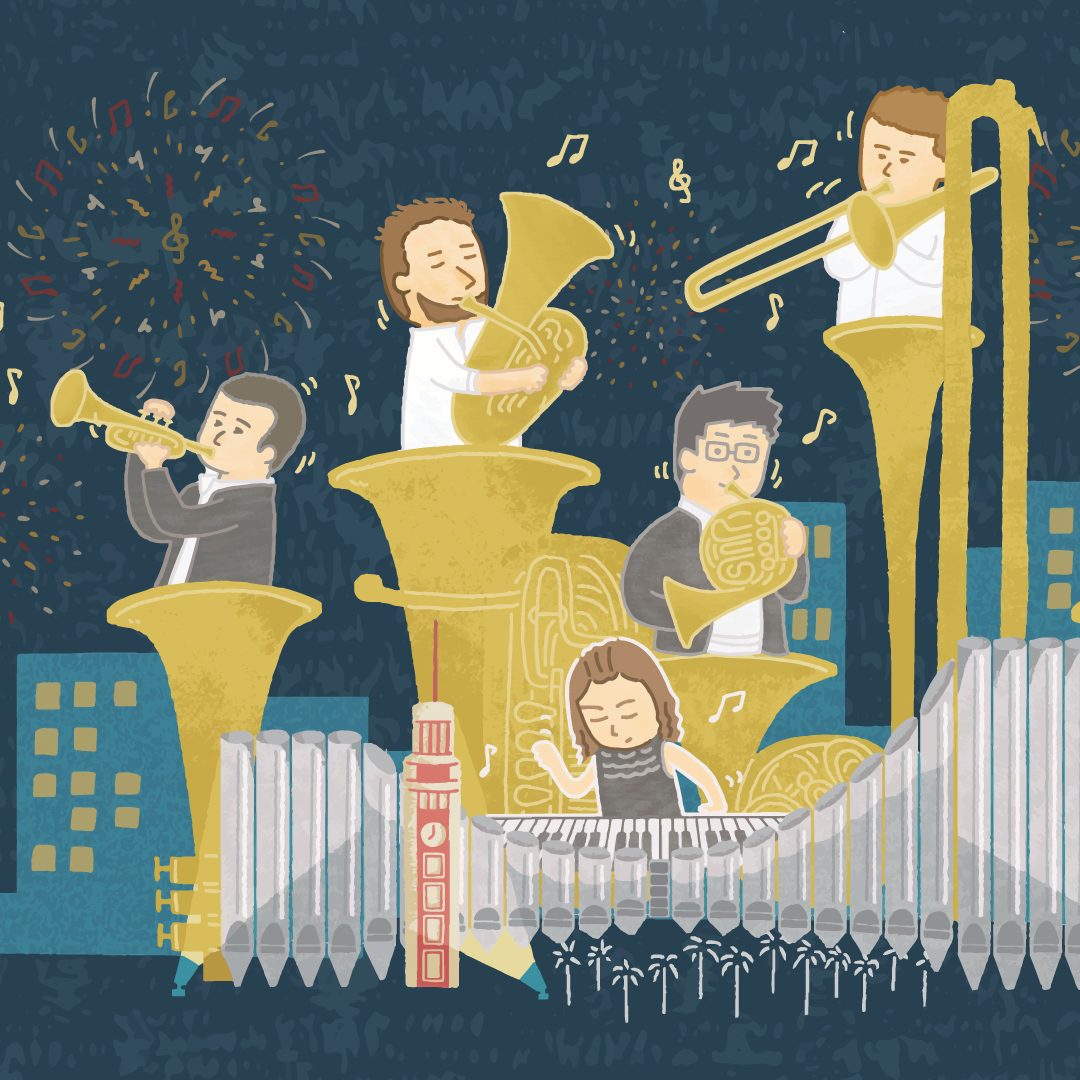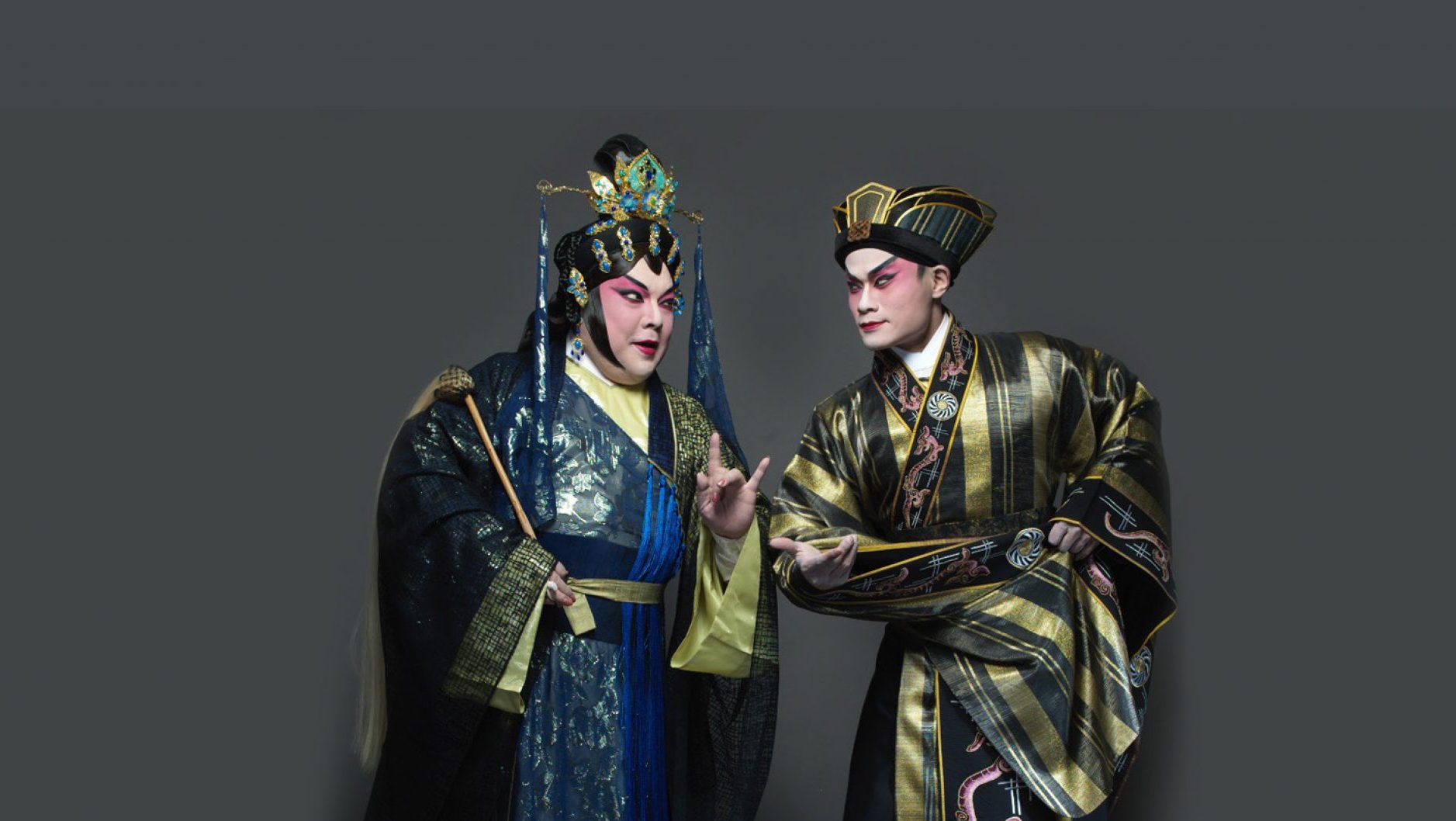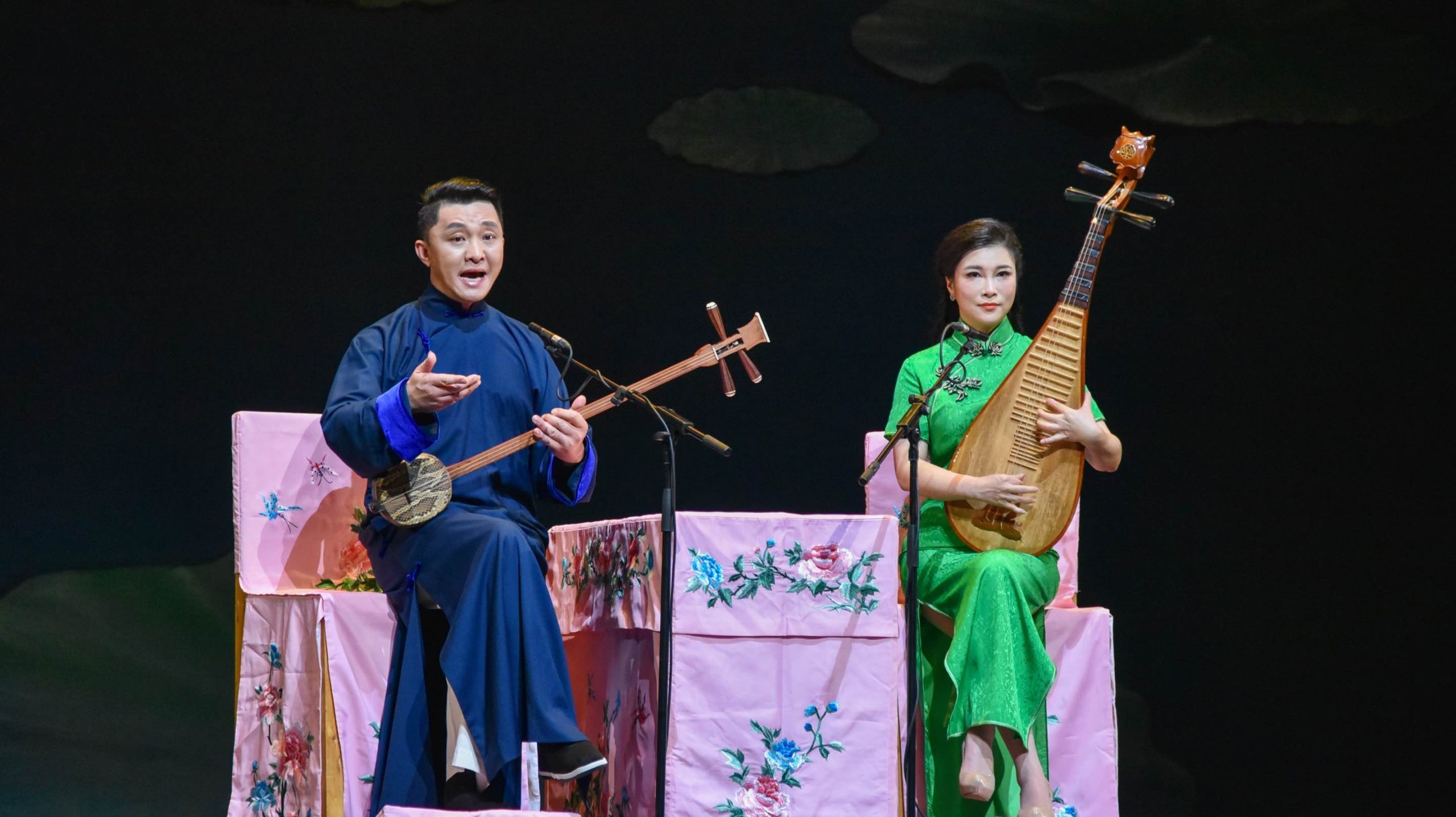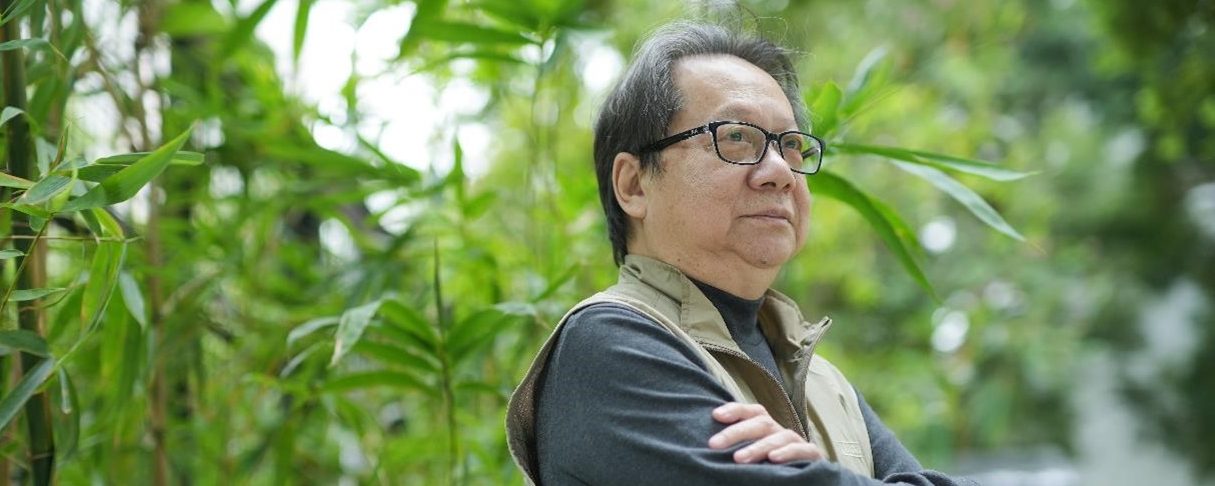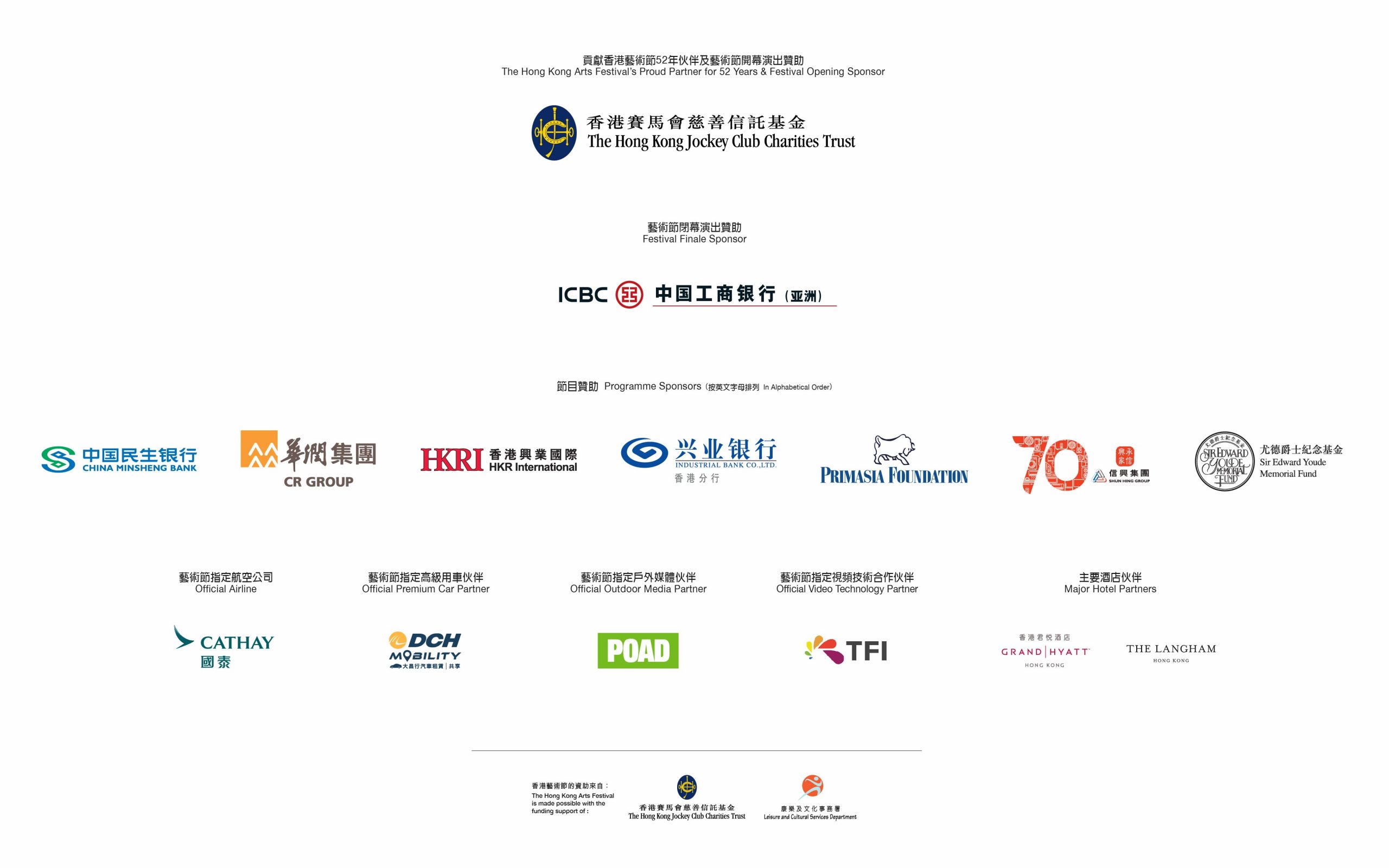A Cantonese opera performance traditionally lasts for about three hours. But in recent years, more condensed performances lasting an hour or less have become something of a trend in the opera world. In this series of four classical Chinese tales being presented at the 51st Hong Kong Arts Festival, each is cut back to a short play of 30 minutes to one hour. The programme Virtues and Morality—Four Cantonese Operas follows on from the similar 2022 programme Faith, Family, Fealty—Three Cantonese Operas, and showcases opera classics in ways that speak to the moral values of modern times.
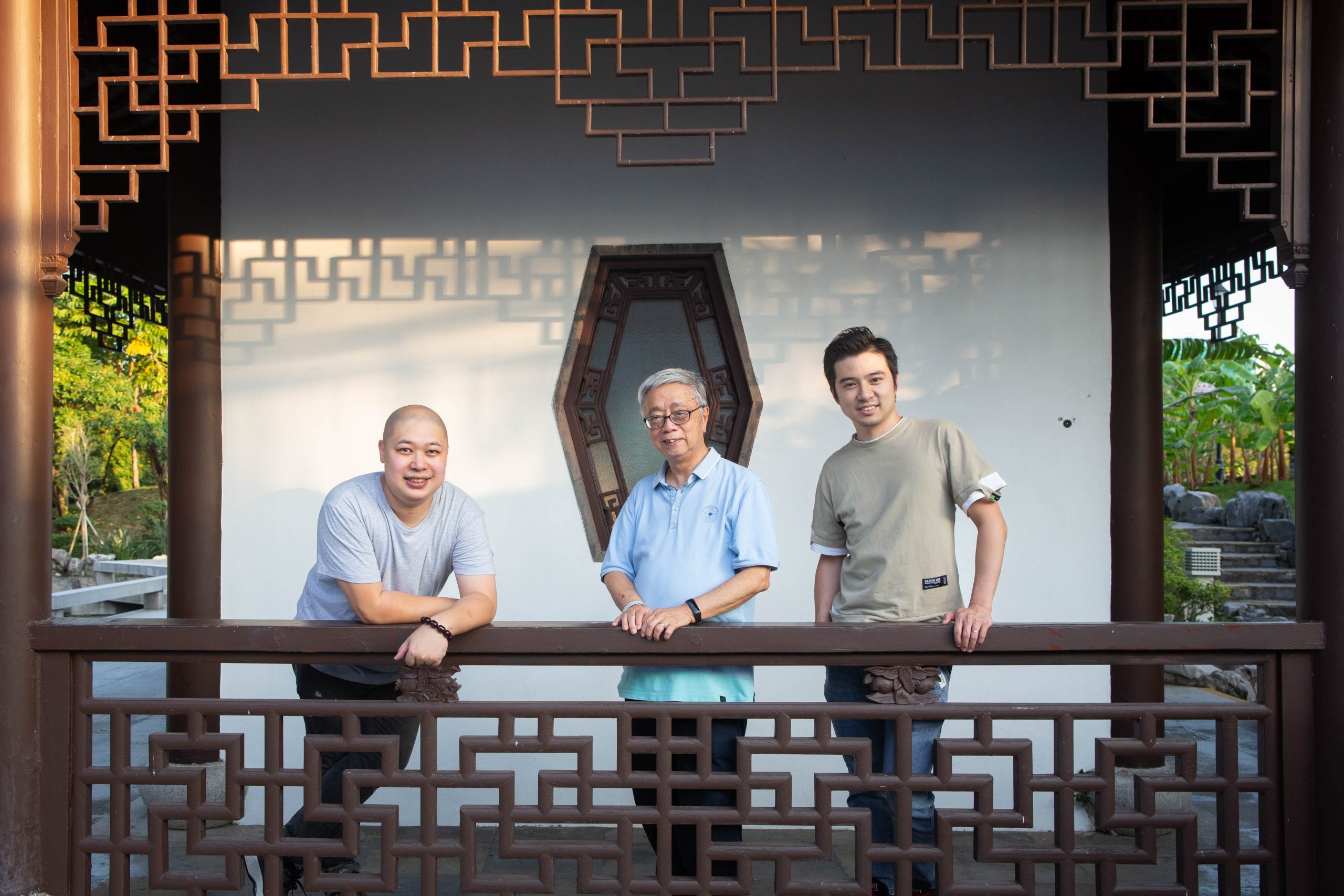
Diving deep into history and reinterpreting classics
The four stories presented this time are Guan Yu Escorts his Sisters-in-law Home on a Thousand-mile Journey, Gou Jian Prepares to Avenge the Nation, Mencius' Mother Admonishes Her Son and Su Wu Tends the Sheep. Producer Annie Chow says: "The plots are trimmed, but key scenes that bring out the themes of loyalty, etiquette, righteousness and shame are nonetheless vividly depicted," says producer Annie Chow. She believes that short plays are more likely to appeal to those new to Cantonese opera, hopefully widening the audience base.
It's not easy to present such long-established stories in a reduced format, but Kim Lun, playwright of Story of Righteousness—Guan Yu Escorts his Sisters-in-law Home on a Thousand-mile Journey, believes the essence of each story can be conveyed in a concise manner. The part of the programme he wrote is based on a renowned story from Romance of the Three Kingdoms, in which Guan Yu insists on escorting the wives of Liu Bei home on a long journey despite the various enticements offered for him to stay at his camp. Kim Lun states that in traditional Chinese opera, the hongsheng role (a scholar with a red face) belongs to a unique division, and is used to play red-faced characters such as Guan Yu or xusheng usheng (an elderly male character) with strong fighting skills. Actors playing this role have to wear a specific costume and perform a certain way, which is referred to as guan gong xi (play of Guan Yu) or lao ye xi (play of father-in-law). For this play, the role of Guan Yu is performed by Ng Kwok-wa, who has also previously played guan gong xi roles, allowing younger actors to witness how he meticulously handles the character.
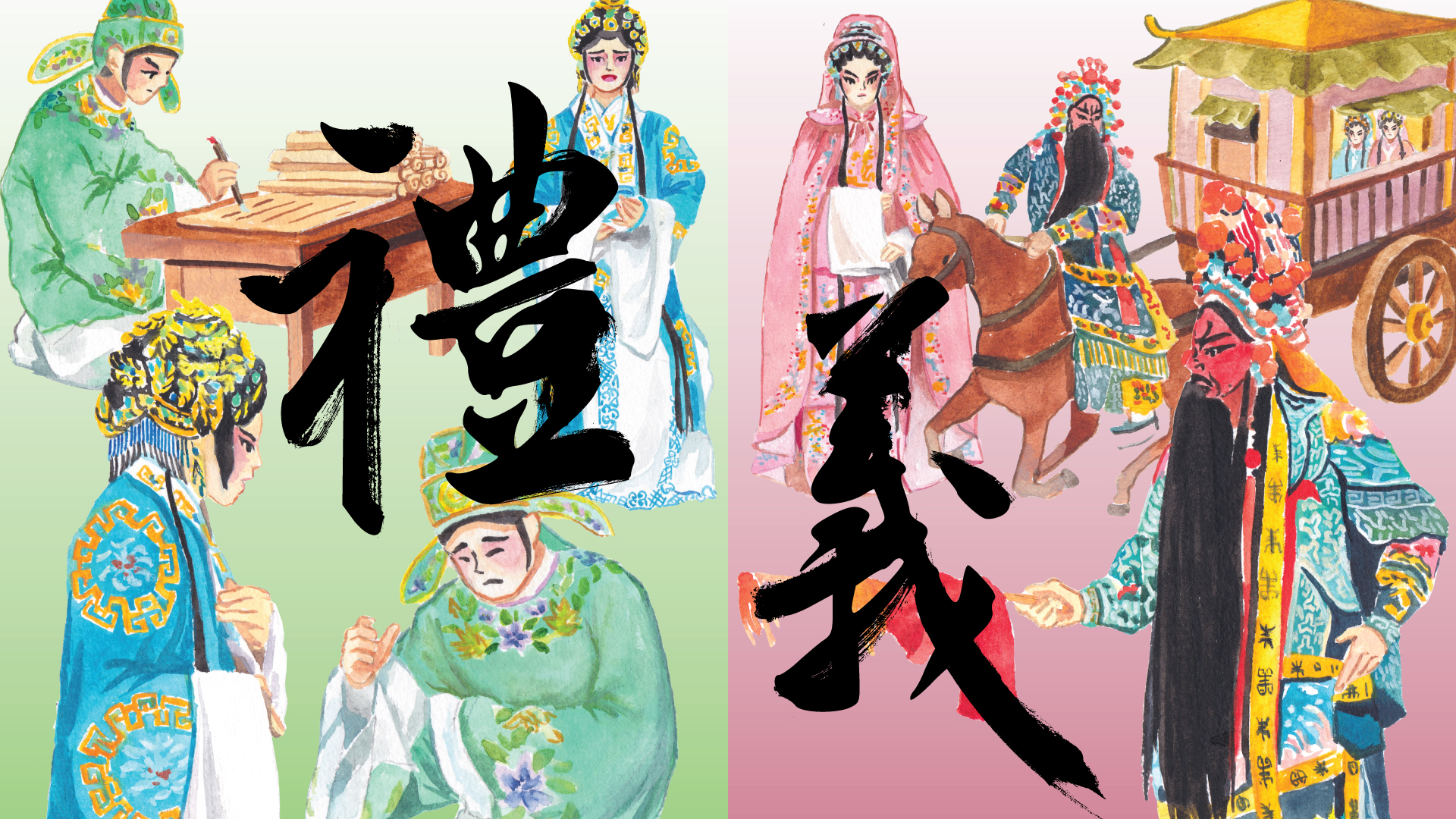
All four plays have strong roots in Chinese history, with educational undertones, so the team looked deeply into the contextual background among the characters. For instance, in Su Wu Tends the Sheep, Li Ling is older than the protagonist Su Wu, but is often portrayed as a handsome young man in Kun opera, while Su is dishevelled and unkempt. "History says Li Ling became a husband of a princess, living a comfortable, well-fed life. To honour the truth, we should just let him grow a black beard," says Chow.
Kim Lun added that the official personality, events and stories of historical figures should not be distorted, "but we have room to be creative with the narrative framework". A good example is Su Wu Tends the Sheep. Woo Kwok-yin, academic advisor to all four plays, agrees that creativity is essential in drama. "Stories that have survived from ancient times have inevitably been mixed with fictional elements and are not necessarily faithful to the historical facts. To that end, refurbishing the narrative artistically can perfect the storyline, and this is widely accepted by our audience."
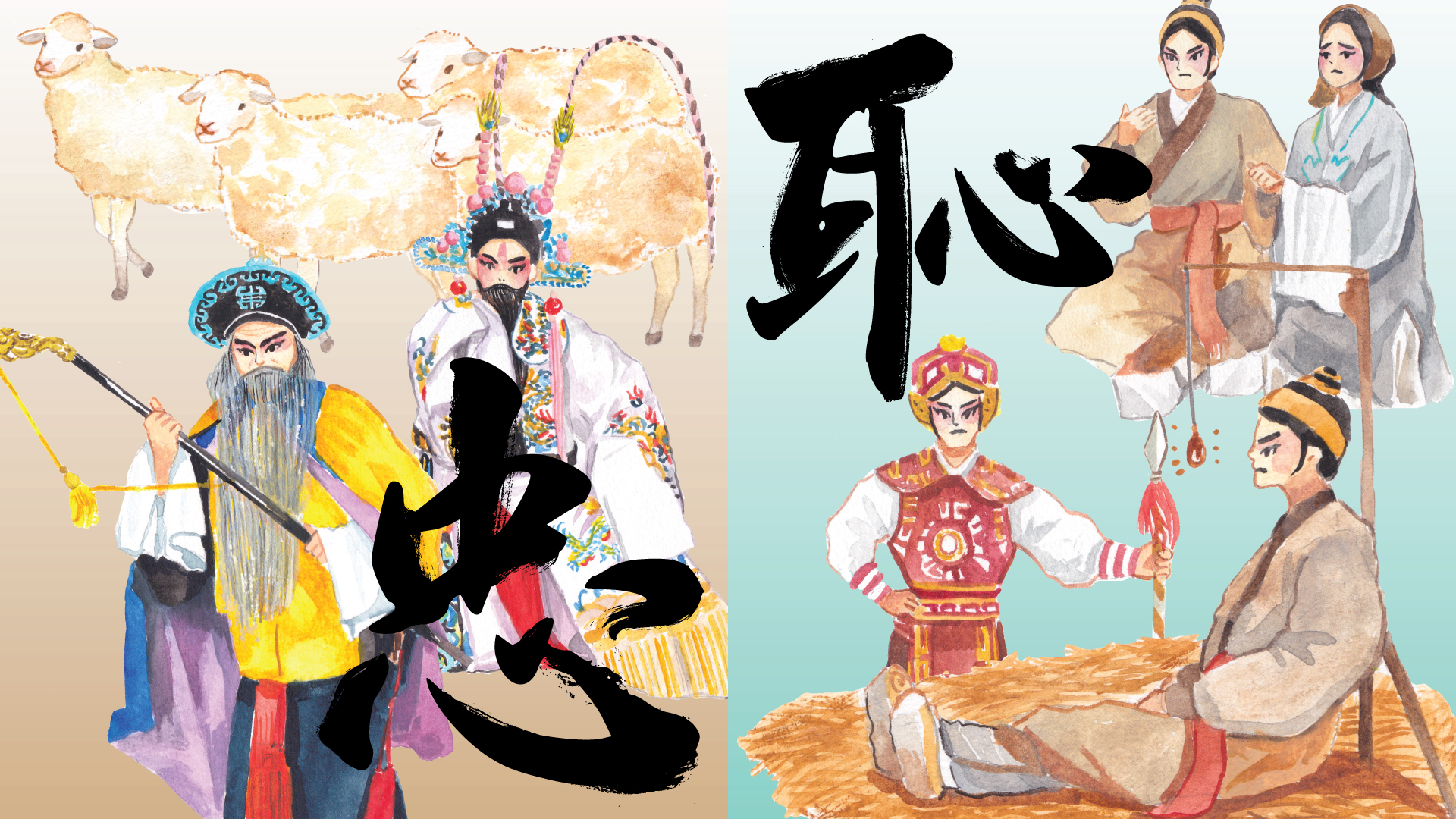
Kim Lun acknowledges that short Cantonese operas are a format worth exploring, but they still face cost constraints—despite a shorter running time, the expenditure on wages, fees and venue rental are the same as for longer plays, while ticket prices are cheaper. He doubts whether the Cantonese operas industry can survive through self-financing, believing that development of the industry can only be achieved with the support of organisers and sponsors.
Virtues and Morality—Four Cantonese Operas
Detail: https://www.hk.artsfestival.org/en/programme/m_four_cantonese_operas
